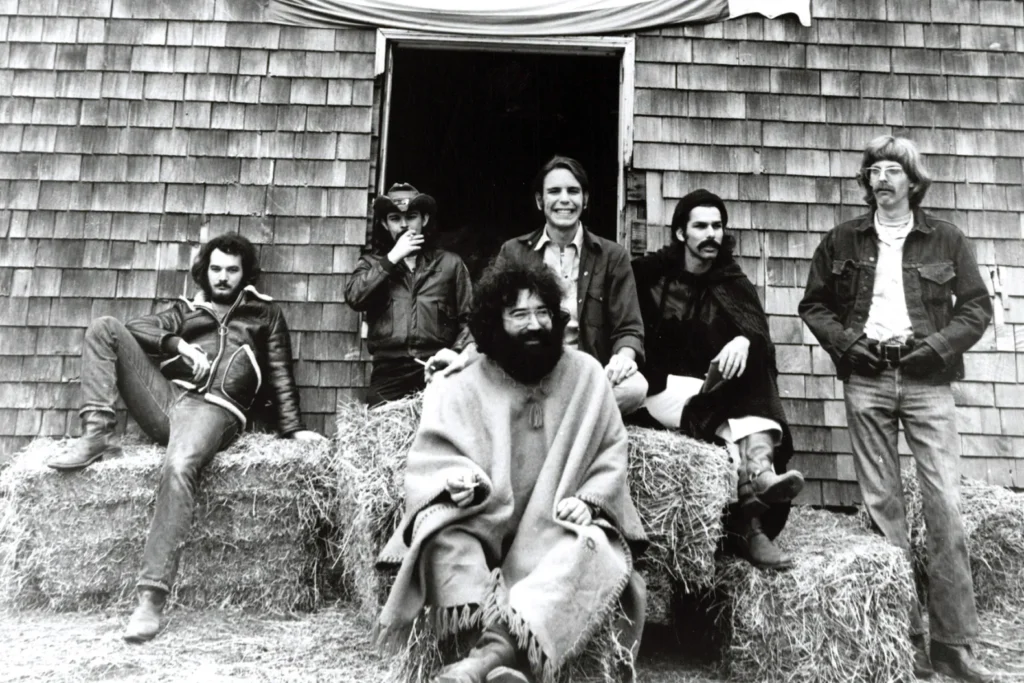The execution of new product and positioning concepts for research or internal review is the Rodney Dangerfield of marketing. It gets no respect.
Companies spend millions on developing ads – often for brands that are flawed or doomed outright from the lack of a big idea. There are also many cases of brand logos that cost a million dollars or more.
Yet most companies invest relatively little or nothing in the execution of concepts. Make no mistake: concepts are the acorns from which oak trees sprout. Discard one too fast, or neglect the promising ones, and you’ve left a lot of money on the table. This is shocking, considering that expressing ideas clearly and succinctly for research purposes or internal review at the outset of the process may be the most critical aspect of marketing.
Some feel that if the idea is big enough, it will overcome executional hurdles and offer something simply irresistible to consumers. But that’s simply not the case. If concepts are not executed in a pure, unfettered manner (in the blink of an eye so to speak) they’ll die prematurely – slain by focus group respondents distracted from the core idea or by impatient observers in the back room.
Fortunately, the flip side holds just as true. A wide range of singular, well executed concepts will always raise the odds of developing that “winner” exponentially. This is an opportunity often not taken.
“I’ll write them in my spare time,” might be the refrain of the already overworked Brand Manager, who has no real training or affinity for this task. More often, one hears, “Just let the agency do it.”
If both scenarios don’t end in disaster, they most often end in sub-par work. Agencies, whose bread and butter is making ads, will put the most junior account people on the job. Not only do they lack the experience, creativity and writing expertise to bring concepts to life effectively, their work will nearly always be oriented toward an “advertising possibility” – a yet-to-be-created ad probably based on a gimmick, not a cohesive marketing strategy.
In contrast, the Brand Manager will often write from a completely rational perspective, communicating some tangible product benefit (“tastes good,” e.g.) rather than conveying the emotional experience that results from using the product.
Let’s show some respect!
This is a job for experts: creative people with an intuitive grasp of how consumers interact with brands and incorporate them into their lives.
In the end, fully developed concepts that creatively hit all the true emotional and strategic notes will help everyone sell more and profit more. Optimally executed concepts will inevitably lead to breakthrough brand strategies and executions.
My next few “Musings” will talk about the nature of great concepts, from finding that core “emotional essence” to specific formatting tactics.



